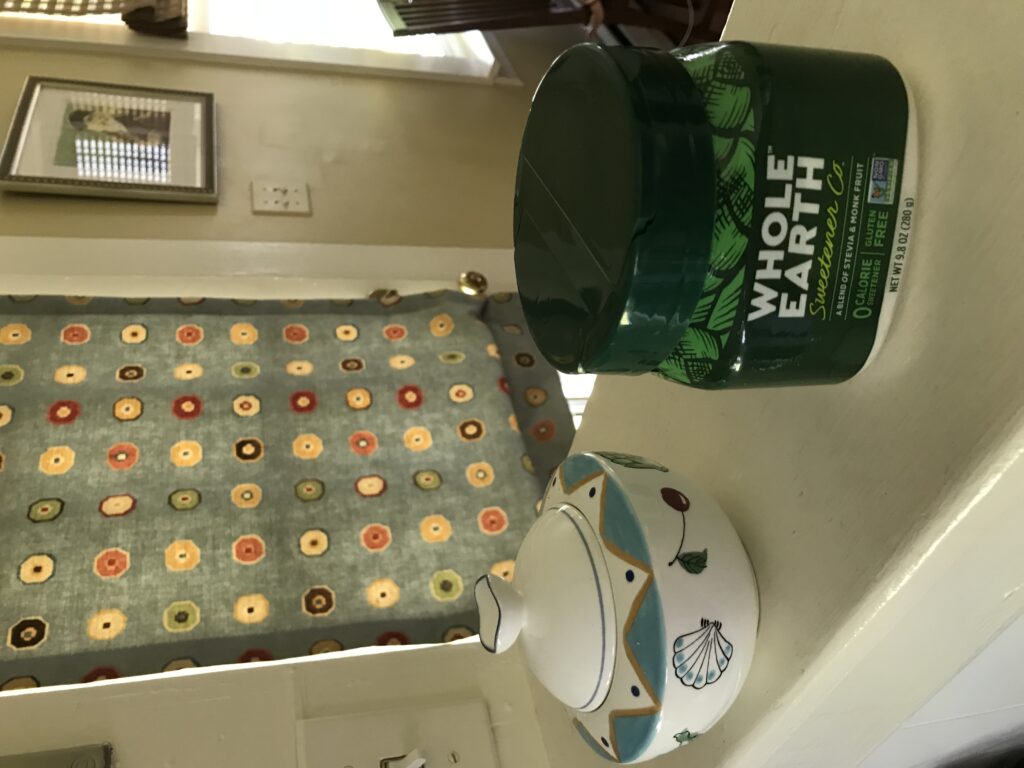Sweetness

Consuming synthetic sweeteners generates excessive cravings for the sweet taste, leading to weight gain and other negative effects linked to excessive sugar consumption. There are four natural sources of sweeteners to substitute for cane sugar.
- Xylitol is a sugar alcohol derived from xylose – a crystalline sugar found in birch bark. Sweet like sugar but with only 40% of the calories, xylitol is fast becoming the preferred sweetener. Xylitol is non-fermentable, creating an alkaline reaction in the body that bacteria find inhospitable. Xylitol consumption has been shown to dramatically decreases cavities, ear and throat infections, and candida among other infectious organisms. Studies have shown that plaque build-up and cavities can be reduced by 80% with moderate amounts of xylitol (up to half an ounce per day). Research also indicates that consuming xylitol may increase bone strength and density. Xylitol is extremely toxic to dogs
- Stevia reduces blood sugar and blood pressure, combats infections, and reduces risks of diabetes. It is 300 times sweeter than sugar with none of the calories. The stevia plant has therapeutic properties, including antioxidant, antimicrobial, antihypertensive, antidiabetic, and anticancer.
- Honey– the raw, unfiltered type contains probiotic strains that are so ancient that one form of Lactobacillus present with certain varieties is believed to be of a lineage 80 million years old. Identified as containing more than 181 health-promoting substances, honey converts the vital, healing energy of plants into a medium that is perfect for human consumption. Rich in phytonutrients (nutrients absorbed from plants), raw honey is renowned worldwide for having powerful anti-oxidative and anti-inflammatory properties.
- Blackstrap molasses, known to sugar-refiners as “final molasses,” refers to the thick, brown syrup that is the end result of boiling sugar cane during the production of table sugar. What sets molasses apart from cane sugar, besides the obvious appearance, is its high nutritional value. A 3.5 oz serving of blackstrap molasses contains more than a quarter of your daily supply of vital minerals such as iron, magnesium, potassium, manganese, and B vitamins. Molasses delivers this nutritional punch with much less sugar, thanks to being at the end of the line of the crystalline-sugar extraction process.Rich in copper, iron, and calcium, molasses can play a vital role in maintaining healthy blood and bones. This makes molasses a great dietary supplement for women at risk of developing osteoporosis.
These four, healthful alternatives to sugar prove that craving a taste of sweetness doesn’t have to cause cavities, promote weight gain, or lead to blood sugar imbalances. These natural foods improve our health as they sweeten our plates.

Comments are closed, but trackbacks and pingbacks are open.